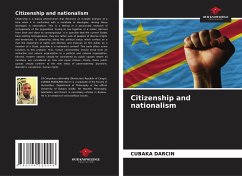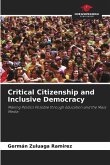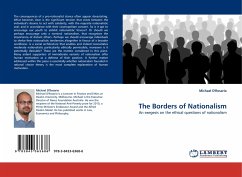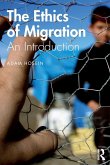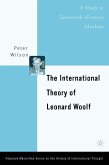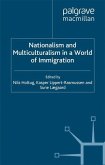Citizenship is a topical phenomenon that deserves an in-depth analysis at a time when it is confronted with a multitude of ideologies. Among these ideologies is nationalism. This is a feeling or a passionate research of homogeneity of the populations having to live together in a nation (derived from birth and close to consanguinity). It is possible that the current States have nothing homogeneous, they are rather sets of peoples of diverse origins and tendencies. Is citizenship, being this political status which confers on a man the enjoyment of rights and liberties and imposes on him duties as a member of a State, possible in a nationalist context? This book offers some solutions to this problem. First, human communities should move from an instinctive and natural organization to a political and rational organization. Second, modern nations should be considered as public spaces where all members are considered as free and equal citizens. Finally, these public spaces should conform to the new ideas of postmodernity: pluralism, liberalism, secularism, human rights.

